The Kuki tribe observes many festivals, one of which is the Chavang Kut festival, often known as the Kut festival. As per the name, ‘Chavang’ means ‘autumn’, and Kut means ‘harvest’. So, Chavang Kut is a harvest festival celebrated in the autumn season. It holds historical significance, entailing lively dancing, sports, and courtship rituals traditions.
What is Chavang Kut Festival?
Chavang Kut festival is celebrated by the Kuki community with special pomp. The festival is celebrated with various rituals everywhere. The Kukis celebrate this festival with feast, dancing and singing. Nowadays, like tribal festivals in different parts of North East India, the Kukis are also organising special programs to celebrate the Chavang kut festival. They also organize flag raising, public, cultural meetings, cultural programmes, beauty contests, traditional sports competitions, dance and song competitions etc. on the occasion of the conference. Through the festival, the Kuki community has been able to preserve their heritage, traditions, arts and culture and harmony and peace among themselves.
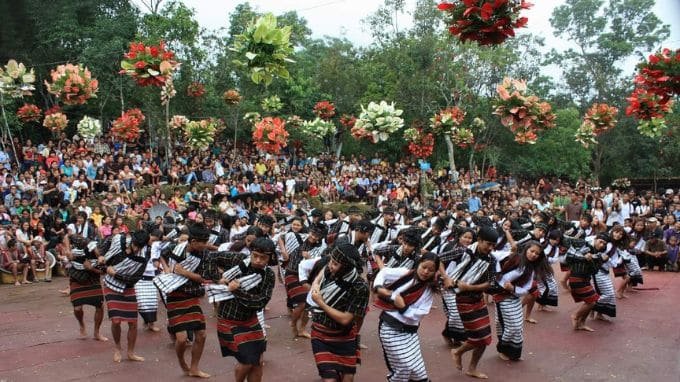
When and Where the Chavang Kut Festival is celebrated?
In the past, the Chavang Kut festival was celebrated on any date in the month of October after the harvest had been completed. However, it is now observed annually on the 1st of November. It is celebrated in the states of Manipur, Nagaland and Assam where there are sizeable no of people from the Kuki tribe. The day of celebration is declared as a local holiday in areas where the festival is celebrated. In Assam, it is celebrated mainly in the Dima Hasao district. In Manipur and Nagaland, it is celebrated all across the state as it is declared a state holiday.
History of Chavang Kut Festival
The celebration of Chavang Kut is rooted in the agricultural traditions of the Kuki people. It is observed to express gratitude and celebrate the successful harvest season, which is a vital part of their livelihood. The festival marks the end of the agricultural cycle and the gathering of the year’s crops, particularly rice.
In the past, Chavang Kut celebrations faced challenges and decline due to British colonialism and the influence of external forces that introduced new religious beliefs. However, the festival was reintroduced and revitalized in the 1960s, particularly in the state of Manipur, where it gained momentum. Over time, as more Kuki people converted to Christianity, Chavang Kut evolved into a cultural event that harmoniously blends their traditional customs with their Christian faith. Today, Chavang Kut stands as a symbol of cultural pride of the Kuki tribe of Manipur, Assam and Nagaland.
How It is Celebrated?
In the past, the Kut festival used to last several days, and the community used to perform many rites. After the main necessary rituals, the village priest distributes Ju (rice beer) to the locals of the village and other visitors. The celebration continues with cultural performances of folk dances and traditional forms of singing. These beautiful events are accompanied by sports competitions among the locals and huge, magnificent feasts. The festival has evolved through time with the influence of other cultures of the world. There is no written or hard rule to be followed in the celebration of Chavang Kut but the display of the tribes’ traditional attires and cultural performances honoring their deity remain the core theme of Chavang Kut.
Kut Chibai to you all

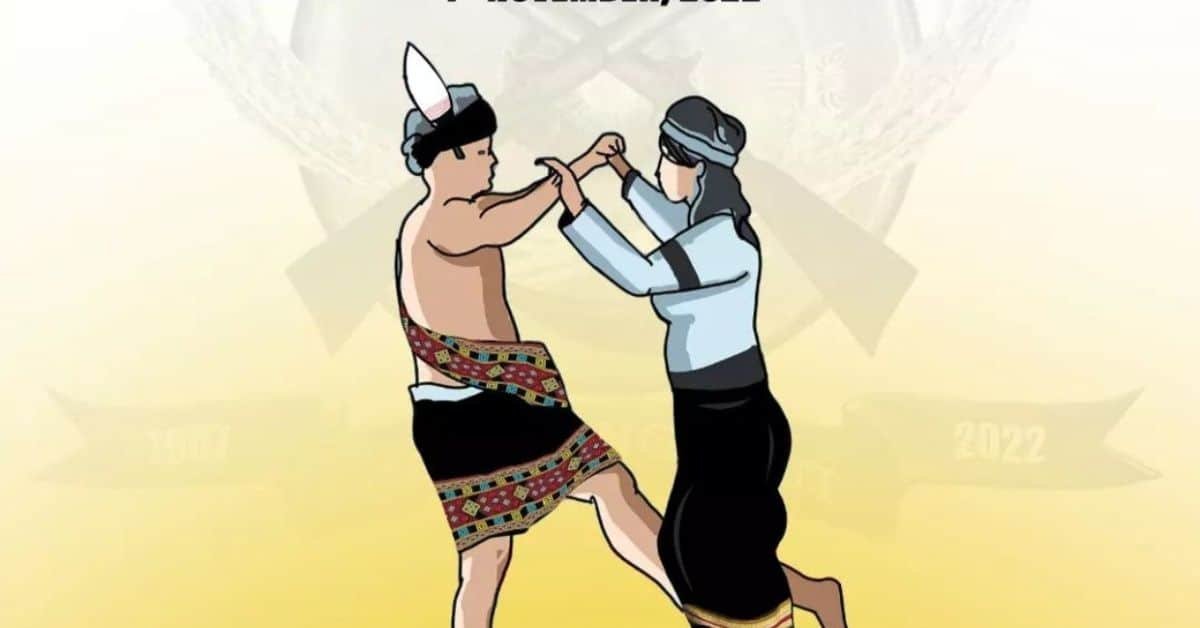
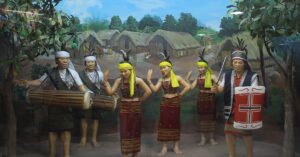
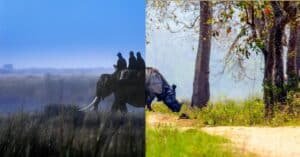

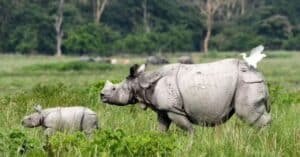


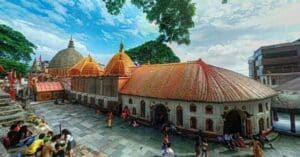
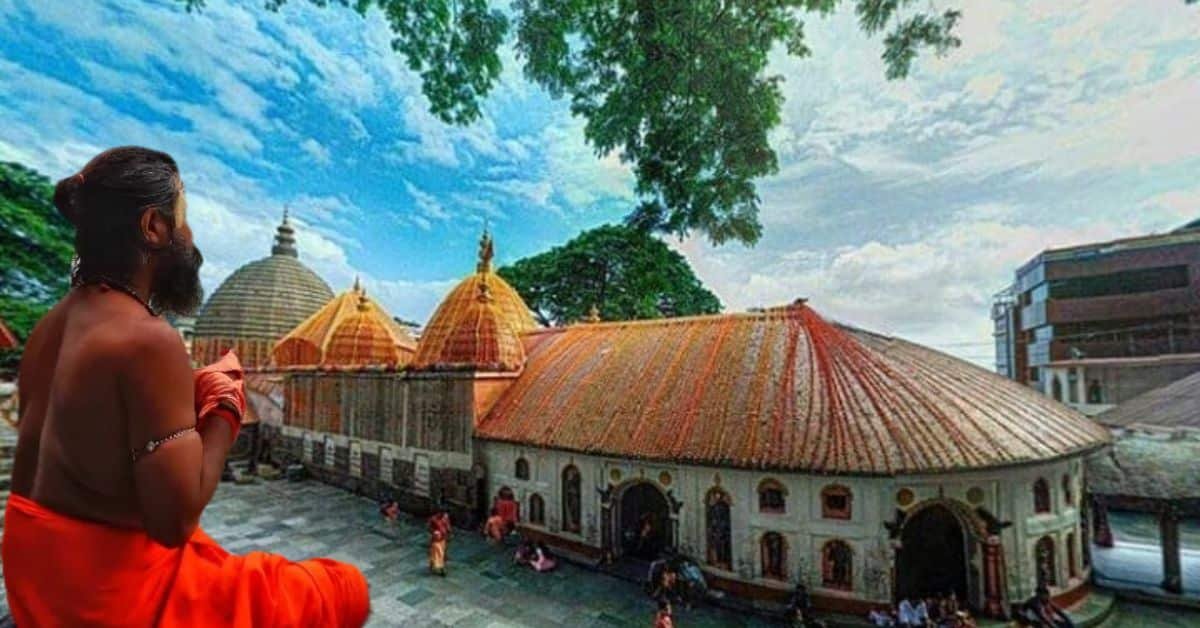
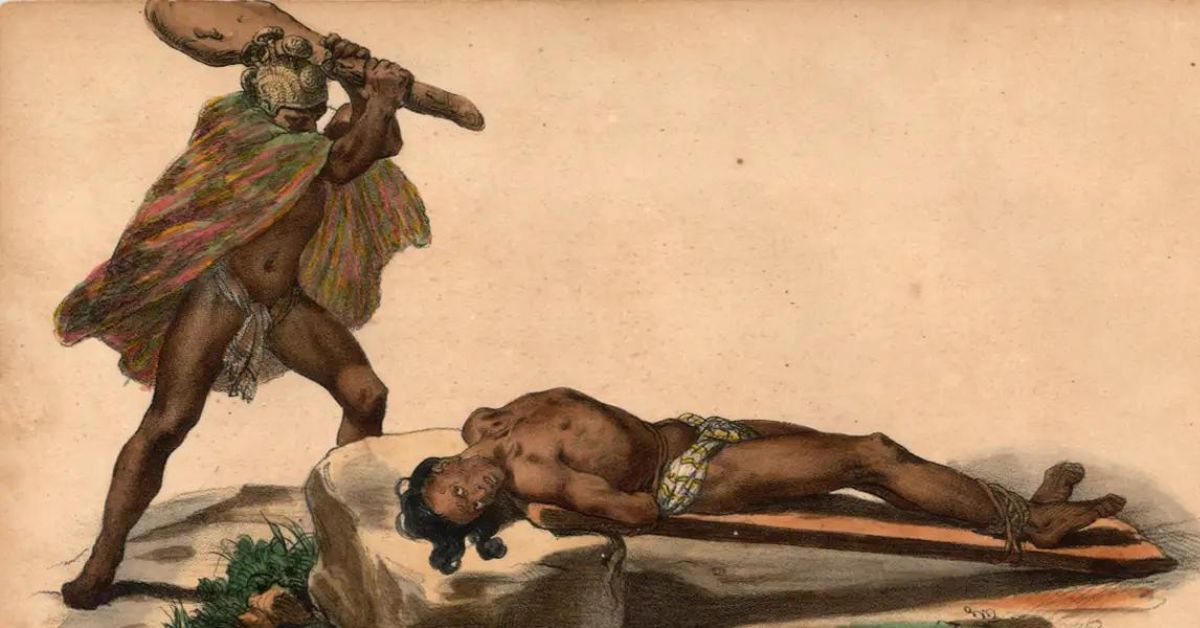
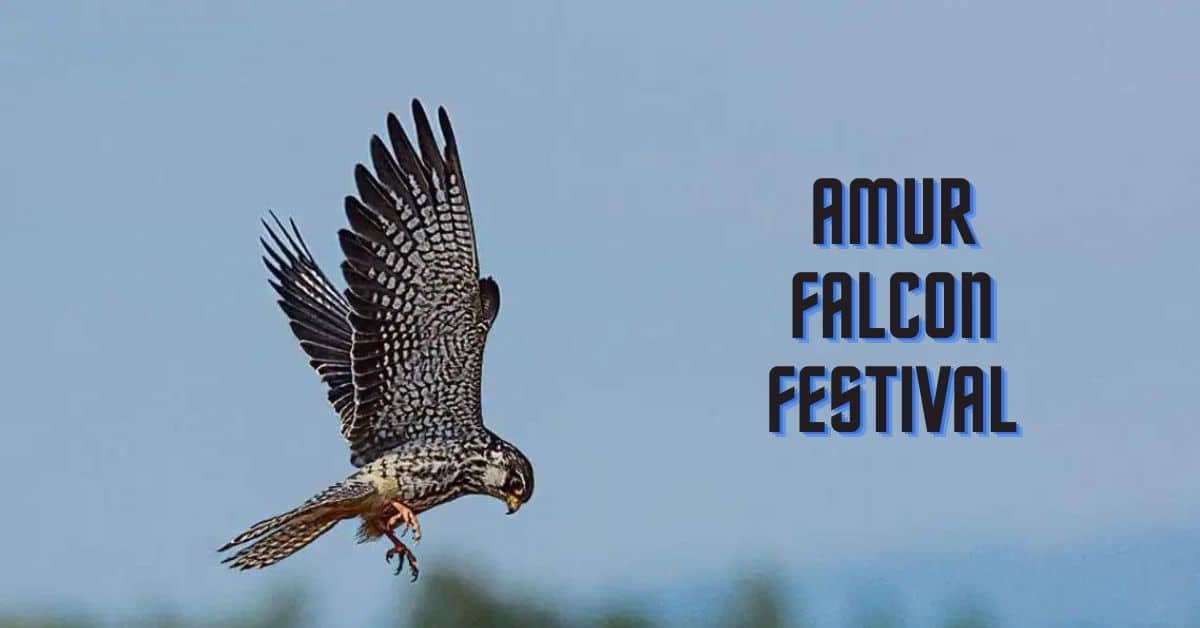
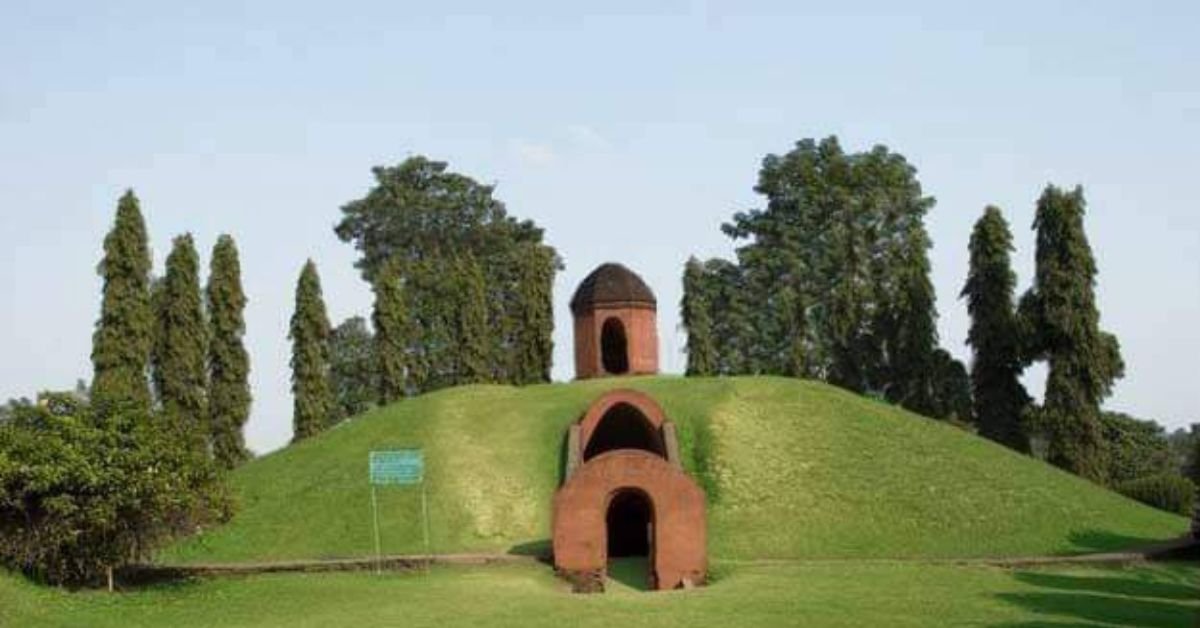
2 Responses
How can I get about the book of kuki festival for my college project and like journal, bibliography
Keep visiting our blog. We will write about all the festivals of Kuki community. Thank you for your input.